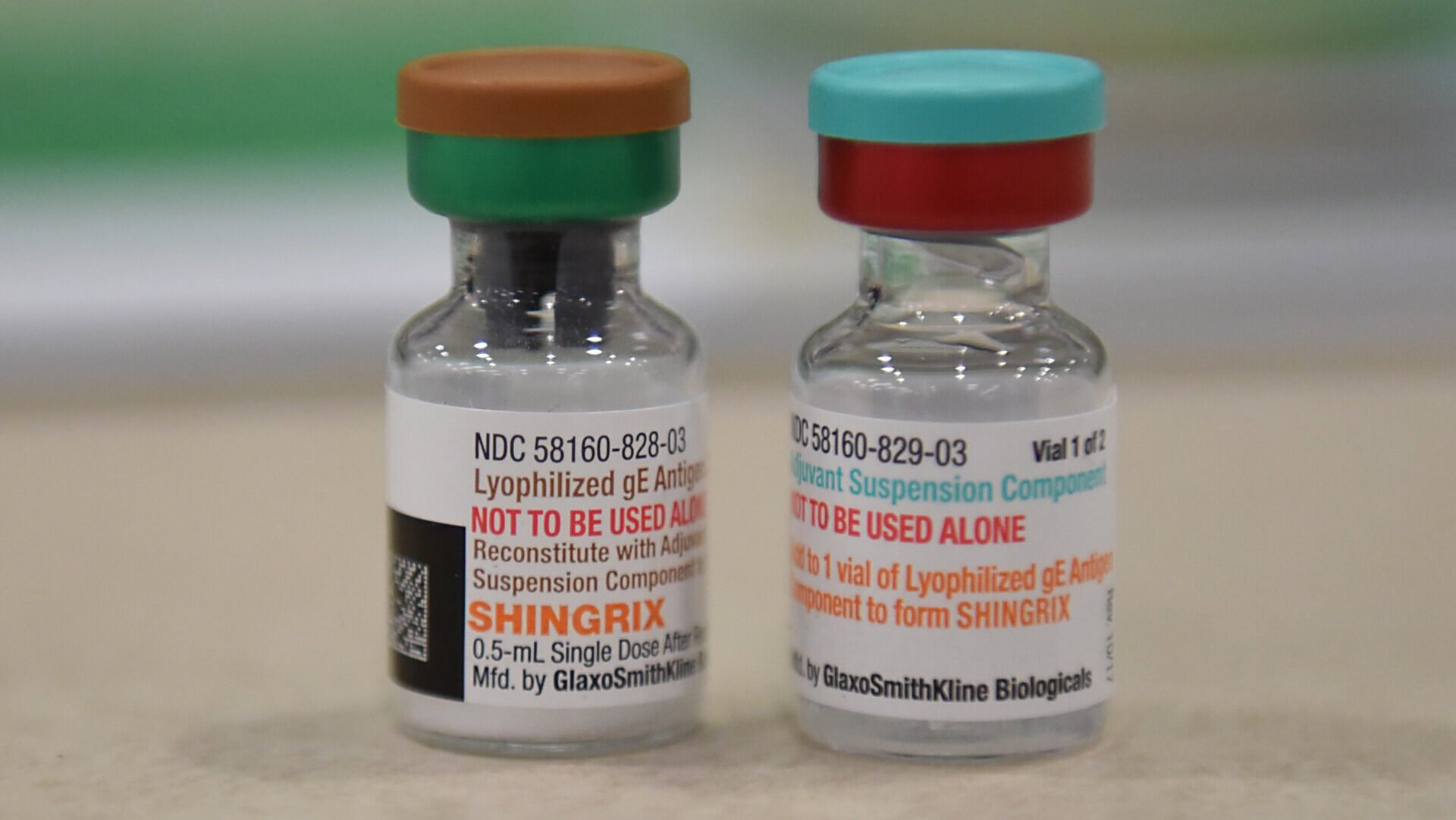For years, studies have suggested that light to moderate alcohol consumption might offer health benefits, especially for cardiovascular health. However, recent research challenges these claims, questioning the methodology of earlier studies and suggesting that there might not be a truly safe level of alcohol intake. This article delves into a new study that casts doubt on the purported benefits of moderate drinking.
Recent research published in the Journal of Studies on Alcohol and Drugs offers a critical reassessment of the relationship between alcohol consumption and longevity. Scientists meticulously reviewed existing data and found that, contrary to popular belief, light to moderate drinking may not offer any significant lifespan advantages over abstinence.
The Problem with Previous Studies: The “Sick Abstainer” Effect
One major flaw in previous research is the inclusion of “sick abstainers”—individuals who quit drinking due to pre-existing health problems—in the abstainer group. This biases the comparison, making moderate drinkers appear healthier than abstainers simply because the abstainer group includes individuals already experiencing health issues. This can skew the results and create a false impression of the benefits of moderate drinking.
A Closer Look at the Data: Controlling for Bias
The new study, led by James Clay, a postdoctoral research fellow at the Canadian Institute for Substance Use Research, University of Victoria, aimed to address this bias. The researchers analyzed over 100 studies that tracked individuals’ health over time, including their self-reported alcohol consumption. Initially, their analysis, like previous studies, revealed a small correlation between low-volume drinking (one drink a week to two drinks a day) and increased lifespan.
However, when the researchers focused on higher-quality studies—those that excluded former drinkers from the abstainer group and began tracking participants at a younger age—the association vanished. “Essentially, when we carefully controlled for potential biases, the supposed health benefits of low-volume alcohol consumption disappeared,” Clay explained.
Challenging the Notion of “Healthy Drinking”
This study isn’t the first to challenge the idea of moderate drinking being beneficial, even for heart health. The World Health Organization has also stated that no level of alcohol consumption is safe. Despite this growing body of evidence, the debate continues. The researchers hope their findings, by highlighting the flaws in earlier research, will promote a more accurate understanding of alcohol’s risks, which include cancer and liver disease.
The Real Risks of Alcohol Consumption
“Our findings suggest that the perceived health benefits of low-volume drinking are likely a result of biased study designs,” Clay stated. “Therefore, it indicates that there may not be a truly safe level of alcohol consumption.” This challenges existing guidelines that promote moderate drinking and underscores the need for updated recommendations that accurately reflect the health risks associated with any level of alcohol consumption.
The Centers for Disease Control and Prevention (CDC) reported a rise in annual alcohol-related deaths in the US, averaging 178,307 between 2020 and 2021. While binge and chronic heavy drinking pose the greatest risks, most drinkers could likely benefit from reducing their alcohol intake.
Conclusion: Rethinking Our Relationship with Alcohol
This new research provides compelling evidence that the perceived benefits of moderate drinking might be a result of flawed research methodologies. While more research is needed, these findings suggest that there might not be a truly safe level of alcohol consumption. It’s crucial to be aware of the potential risks associated with even moderate drinking and make informed decisions about our alcohol intake.











